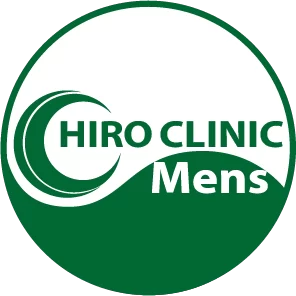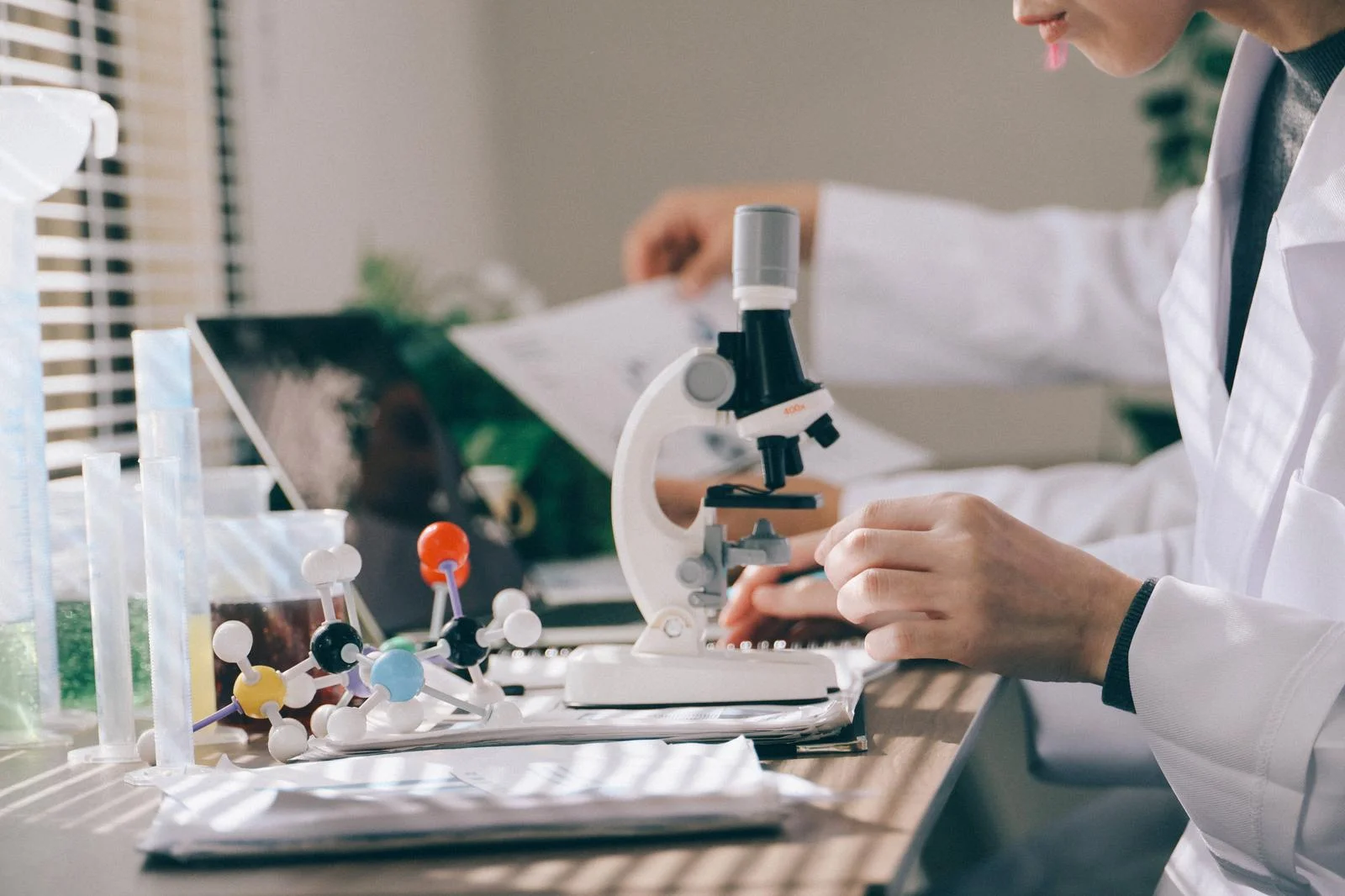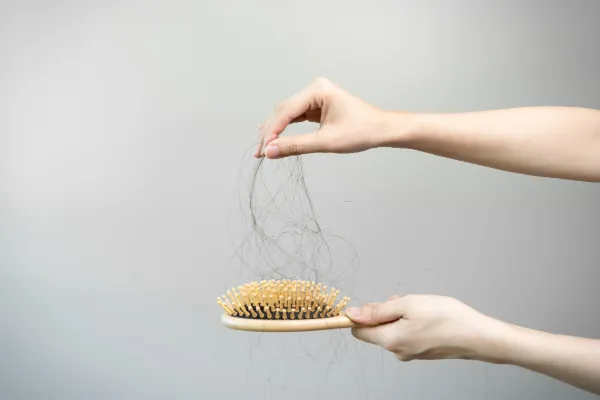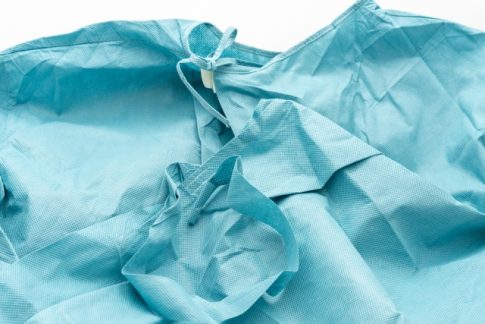この記事の概要
For men suffering from thinning hair, hair transplantation is one effective solution. However, recent research has shown that the microbiome of the scalp has a significant impact on thinning hair and hair health. This article details the relationship between hair transplants and the microbiome and explores the benefits of regulating the bacterial environment of the scalp.
What is hair transplantation?
Hair transplantation is a surgical procedure widely used to treat thinning hair and hair loss. It involves transplanting healthy natural hair into thinning areas to restore hair that looks and feels natural. There are two common procedures: FUE (Follicular Unit Extraction) and FUT (Follicular Unit Transplantation).
FUE: A method in which individual follicular units are harvested and transplanted . This method is characterized by minimal scarring and quick recovery.
FUT: A procedure in which follicular units are harvested from a strip of skin and then transplanted . This allows for more hair to be transplanted at once , but can leave scars.
What is the Microbiome?
The microbiome refers to the collection of microorganisms that exist in a particular environment. There are many microbiomes in the human body, the most well-known of which is the gut flora. However, recent research has shown that the scalp also has its own microbiome, which can affect hair health and growth.
The role of the scalp microbiome
The scalp microbiome not only supports healthy hair growth, but also maintains the scalp’s barrier function, protecting it from inflammation and infection. The overgrowth of certain bacteria can cause dandruff, itchiness, and even hair loss.
The relationship between hair transplantation and the microbiome
During the recovery period after hair transplant surgery, the scalp microbiome may become unbalanced. This imbalance may affect the establishment and health of transplanted hair. Therefore, it is important to regulate the scalp microbiome to increase the success of hair transplants and maintain hair health.
How to regulate your microbiome
Proper hair washing: To maintain the scalp microbiome, it is important to avoid excessive washing and wash your hair at an appropriate frequency. Choosing the right shampoo is also important, so choose one that contains ingredients that are gentle on the scalp.
Take probiotics: Just like the intestinal flora, probiotics are also effective for the scalp microbiome. Eat yogurt and fermented foods to support your health from the inside out.
Topical probiotic products: Recently, there are shampoos and tonics available on the market that contain probiotics, which can directly regulate the scalp microbiome.
Balanced diet: A diet rich in vitamins and minerals supports overall health and has a positive impact on scalp health.
Manage stress: Stress is one of the factors that can throw your microbiome off balance, so try to reduce stress through exercise and relaxation.
Aftercare after hair transplant
After hair transplant surgery, it is especially important to take care of your scalp. Pay attention to the following points to promote recovery:
Follow your doctor’s instructions: Be sure to follow your doctor’s instructions for post-surgery care, including proper use of medications and hair washing instructions.
Moisturize your scalp: The transplanted area is prone to dryness, so proper moisturizing is necessary. Consult your doctor for a suitable moisturizer.
Avoid irritation: Take care to avoid irritation at the transplant site by wearing a hat and keeping your pillowcases clean.
Regular check-ups: See your doctor regularly for follow-up examinations after your surgery. If any problems arise, they can be addressed early.
summary
For men who are suffering from thinning hair , hair transplantation is one of the effective solutions. However, it is important to remember that regulating the scalp microbiome is also important. Maintaining a healthy scalp through proper hair washing, taking probiotics, a balanced diet, and stress management will increase the success rate of hair transplantation and give you healthy hair.
When considering hair transplants as a solution to thinning hair, it is important to take a holistic approach that also focuses on the scalp microbiome, which will help you achieve better results.








